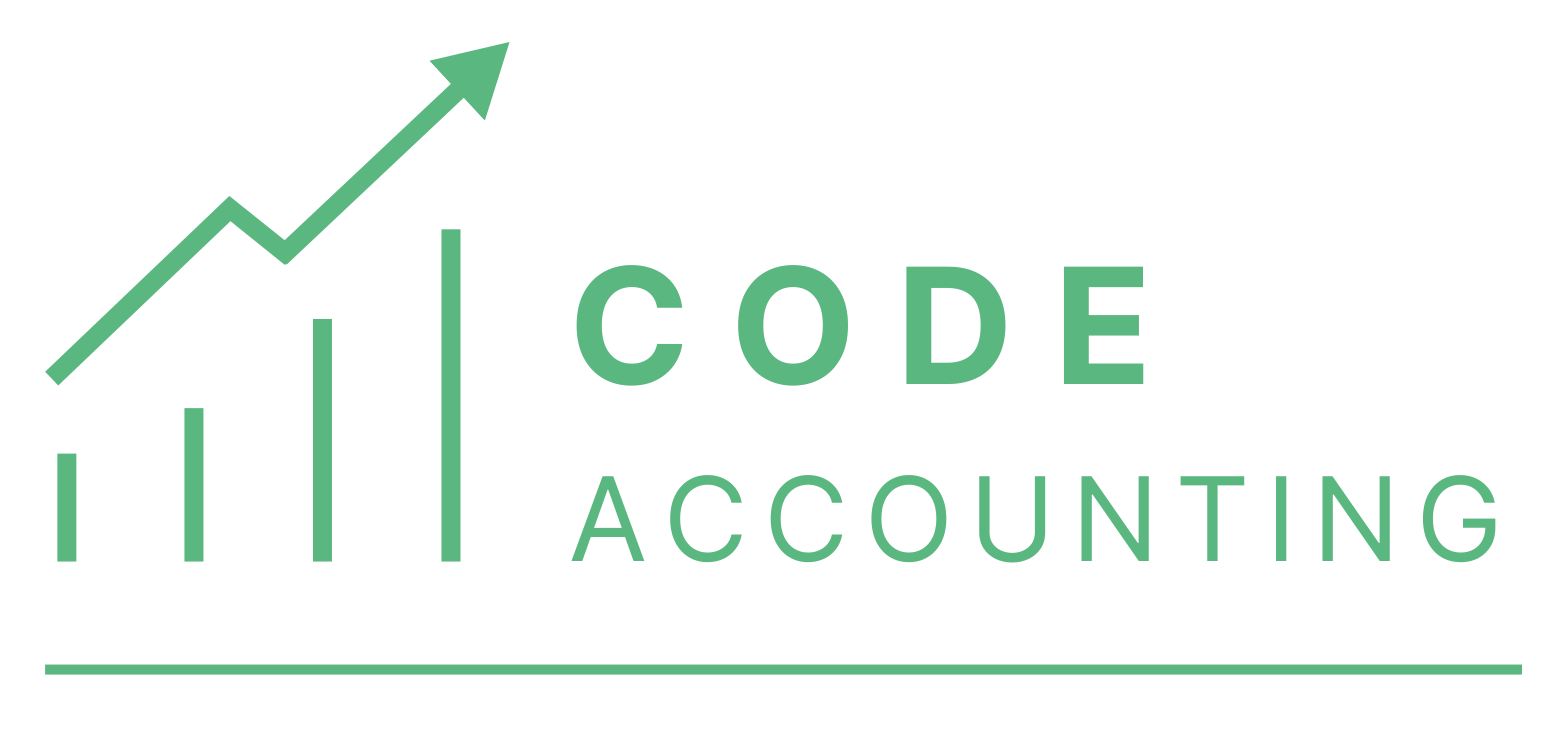There often is a fine line between having a hobby that makes a little money and a business that shows little profit. While it likely doesn’t make much difference to you whether you are pursuing an activity as a hobby or business, it can significantly impact your federal income tax bill.
That’s because if you are pursuing an activity as a business you can take advantage of the tax deductions available for things like business losses, supplies, and home office expenses. In other words, a business can generate deductions to offset other income and lower your federal tax bill.
If you are pursuing your activity as a hobby you can no longer claim the small deduction that was available to hobbyists before the Tax Cuts and Jobs Act was enacted in 2017. Unfortunately, if you make any income from your hobby, you will still need to report it to the IRS.
How the IRS Distinguishes a Hobby from a Business
The IRS says the difference between a business and a hobby is that people engage in business to earn a profit, while they pursue a hobby for recreation. The problem with that definition is that the IRS is unlikely to take your word for your motivations when it is arguing that your business should be treated as a hobby.
Fortunately, the IRS has created a nine-question checklist for assessing whether your activity is a business that incurred legitimate losses.
- Was the activity carried out in a businesslike manner with accurate recordkeeping?
- Did you depend upon the income from the activity for your livelihood?
- Does the time and effort you invested in the activity show that it was pursued to make a profit?
- Were the losses typical for a startup or due to circumstances beyond your control?
- Did you make any changes to your activity to improve its profitability?
- Do you or your advisors have the knowledge needed to run a successful business?
- Have you successfully turned a profit with similar activities in the past?
- Was your activity profitable and how large a profit did it make?
- Do you expect to make a profit from the appreciation of the assets you use in the activity?
The IRS will consider your answers to all of the questions, along with any relevant facts and circumstances when deciding whether your activity is a hobby or business. There is no right or wrong answer to any one question.
IRS Safe Harbor Provision
Section 183(d) of the Internal Revenue Code provides what is often referred to as a “safe harbor” provision for businesses the IRS wants to treat as hobbies. Under the safe harbor your activity will be treated as a business if it generated a profit for at least three out of the past five years.
Even if you qualify under the safe harbor, the IRS will still have the opportunity to show that your activity did not really turn a profit during those three years. But it can no longer rebut the presumption that you were engaged in a business absent unusual circumstances.
Additional Questions?
If you have any questions about whether the IRS will treat your small business as a hobby, the tax professionals at Code Accounting can help. If your activity qualifies as a business, we can help you claim all of the associated deductions to which you are entitled. If the IRS wants to treat your business as a hobby, we can provide guidance on the steps you need to take to get it recognized as a business so you can start deducting your expenses.





